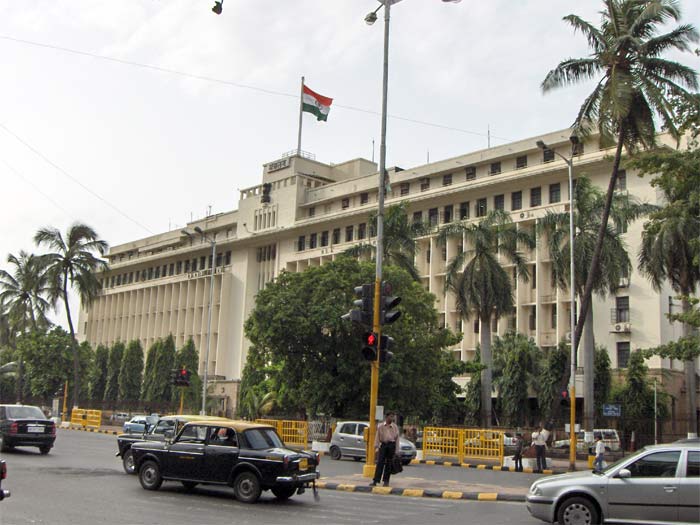
The incident was sparked by Zirwal's dissatisfaction with the lack of response from the government regarding the demands of certain tribal communities. This protest follows an earlier demonstration led by Zirwal outside the Mantralaya, where he accused the government of ignoring pleas from legislators representing tribal populations. His central grievance revolves around the state's plan to include the Dhangar community in the ST category, a move seen by some as undermining the rights and privileges of Maharashtra’s existing tribal groups.
The Dhangar community, a traditional shepherd group mainly from western Maharashtra and the Marathwada region, has been pushing for their recognition as a Scheduled Tribe. Historically listed under the Other Backward Class (OBC) category, the Dhangars argue that they are entitled to the same benefits as their closely related counterparts, the Dhangads, who already enjoy ST status due to what is claimed to be a clerical error in spelling. Despite multiple petitions, the courts have so far ruled against their inclusion, leading to intensifying pressure on the Maharashtra government to reconsider their classification.
Friday’s protest is not an isolated event but a culmination of weeks of growing frustration among tribal representatives. Zirwal, supported by the legislators involved in the protest, has been at the forefront of these efforts, which have included a sit-in protest just days earlier. Critics of the government, including many tribal leaders, argue that granting ST status to the Dhangars would dilute the benefits meant for long-standing tribal communities, who fear that their already limited resources and opportunities would be further diminished.
On the other hand, supporters of the Dhangar community’s demands claim that their socio-economic conditions mirror those of existing tribal groups, and the current categorization is both unfair and discriminatory. As such, the Dhangars are calling for parity in terms of educational benefits, government job quotas, and other welfare schemes reserved for STs. The government has indicated that it is working on establishing a panel to review the community’s demands, but this has done little to pacify either side of the debate.
Friday’s protest also brought to light the increasing involvement of prominent political figures. A member of the ruling BJP was among the legislators who joined Zirwal, signaling a split within the government ranks on how to approach this delicate issue. With elections on the horizon, the tribal quota debate has become a significant political battleground, with parties seeking to position themselves either in favor of or against the inclusion of the Dhangars in the ST list.
While Zirwal and his supporters may have garnered attention with their dramatic protest, the road to a resolution remains uncertain. The Maharashtra government has been tight-lipped about its next steps, although it has faced criticism for what some see as indecisiveness in handling the matter. Opposition leaders, particularly from the Shiv Sena faction led by Uddhav Thackeray, have voiced their support for the Dhangars, adding another layer of complexity to the situation.
For the tribal communities opposing the inclusion, this is a matter of survival. With Maharashtra’s tribal population already struggling with high poverty rates, limited access to education, and healthcare disparities, many fear that expanding the ST list will only exacerbate these issues. The District Collectors of various regions have already received memorandums from tribal leaders, cautioning against what they perceive as “injustice” to their communities if the Dhangars are granted tribal status.
The Supreme Court has previously dismissed petitions from the Dhangars seeking ST classification, stating that the matter should be resolved through legislative means rather than judicial intervention. This has left the Maharashtra government in a bind, balancing between legal constraints, the demands of various interest groups, and the political implications of its decision.
